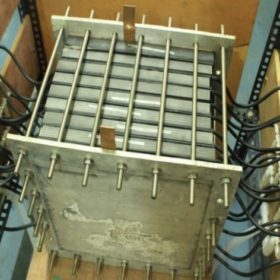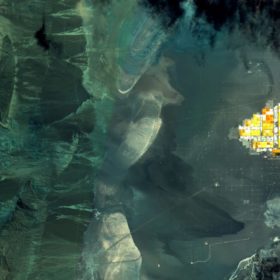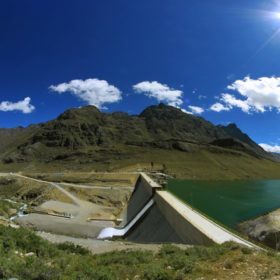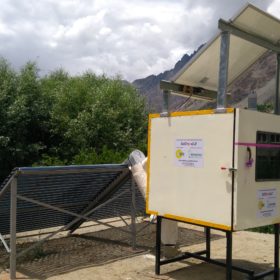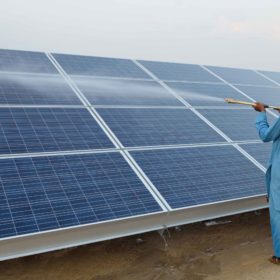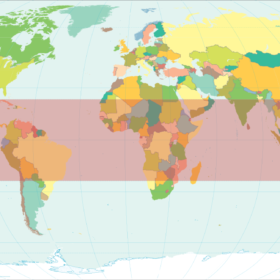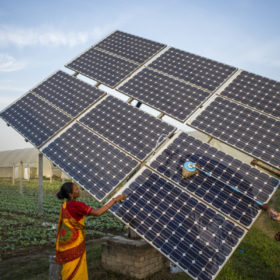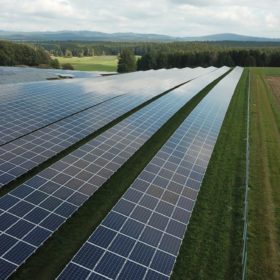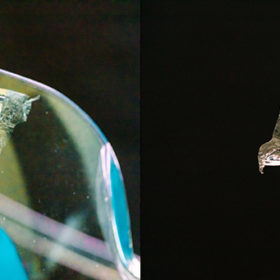Vanadium redox flow battery for storage of wind and solar power
Researchers in India have developed a 5 kW/25 kWh vanadium redox flow battery with an energy density of 30 watt-hours to 40 watt-hours per liter.
How long will the lithium supply last?
Researchers have sounded the alarm. If no serious efforts are made on second-life battery use, recycling and vehicle-to-grid applications, decarbonization efforts may hit the buffers a lot sooner than expected.
NREL scientists estimate global potential of hydro-linked floating PV at up to 7.5 TW
The U.S. based researchers said linking solar with hydro in a full hybrid system configuration may result – at best – in the deployment of 7,593 GW for an estimated annual power generation of 10,616 TWh and a 20% reservoir coverage. And combining solar with hydro in this way brings further benefits, including improved system operation at different time scales, more opportunities for storage thanks to pumped hydro, increased utilization rates of transmission lines, reduced PV curtailment, and lower interconnection costs and water evaporation.
NREL scientists encourage ‘optimal’ PV curtailment
Solar curtailment might become a valuable aspect of future PV deployment, particularly if grid operators start focusing on ‘curtailment management’ instead of ‘curtailment prevention.’ Management would include measures such as flexible generation, storage, load flexibility, and regional coordination.
CSIR-CMERI Durgapur, NISE sign pact on solar research and capacity building
The CSIR-Central Mechanical Engineering Research Institute (CMERI), Durgapur, which has expertise in the design and development of solar artifacts for multifaceted uses, and the National Institute of Solar Energy (NISE), Gurugram, will conduct joint field studies for different solar technologies and work towards skill and capacity building.
Machine-learning for PV module cleaning
French researchers have developed a machine-learning model to clean low-power PV projects and standalone solar arrays in rural areas isolated from the grid.
Over 26,000 register for World Solar Technology Summit tomorrow
The Summit will see the signing of four partnership agreements, including one between India’s Ministry of New and Renewable Energy, World Bank, and International Solar Alliance.
CEL tenders distributed solar on farmland in Rajasthan
Central Electronics Limited has invited bids to install distributed, grid-connected PV systems for solarization of existing agriculture pumps in Tonk district. Bidding closes on September 19.
Macquarie selects Prescinto’s IIOT platform to oversee Indian solar assets
The Australia-based global investor—which has over 408 MW of operational solar fleet in India—will use the cloud-based, hardware-agnostic platform to gain insights in real time and improve its 21 solar projects’ performance.
A solar cell so thin, it can rest on a soap bubble
Scientists at Saudia Arabia’s King Abdullah University of Science and Technology demonstrated an organic PV cell that can simply be printed onto a piece of paper. The cell set a new efficiency record for a fully inkjet-printed device, and its designers envisage applications in integrated medical sensors.
